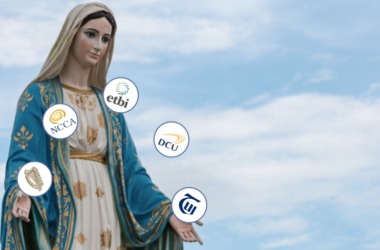Dept of Education is trying to redefine Supreme Court judgement on religious instruction and education
The Department of Education and the Minister, Joe McHugh, are undermining the right of parents and their children to ensure that the teaching of their children is in conformity with their convictions. They are re-defining the Constitutional meanings of religious instruction, formation and education as defined by the Supreme Court ...
Why is the State teaching moral education for all students through religion?
The NCCA Religious Education course (an exam subject) contributes to the moral education of ALL students through religion. Students are not offered another subject if opted out. Some schools make the course compulsory. This is religious discrimination. Why does the state even want to contribute to the moral education of ...
There are still plenty of resources for ETB schools to pay salaries of Catholic chaplains
ETB schools (the alternative to denominational) claim that they don’t have enough resources to give an alternative subject to students who opt out of the optional NCCA religion course. But they still have plenty of resources to pay Catholic Chaplains the equivalent of a teacher's salary. In 2016 it was ...
NCCA Religion Course was always optional
The NCCA Religious Education Course was optional when it was first introduced in 2000. The roll out of the course took 3 years. At the time, no Schools, Teachers, the TUI, Patron Bodies or the Catholic Bishops complained about needing extra resources for a new course that was introduced into ...
A Secular State Protects A Pluralist Society – Part 4 of 5 – Education
In July 2019 Atheist Ireland took part in a meeting of the Dialogue Process between the Government, Churches, and Non-Confessional Organisations in Ireland. This page is part 4 of Atheist Ireland's policy document submitted to the Irish Government as part of this process. You can read the other sections of this ...



